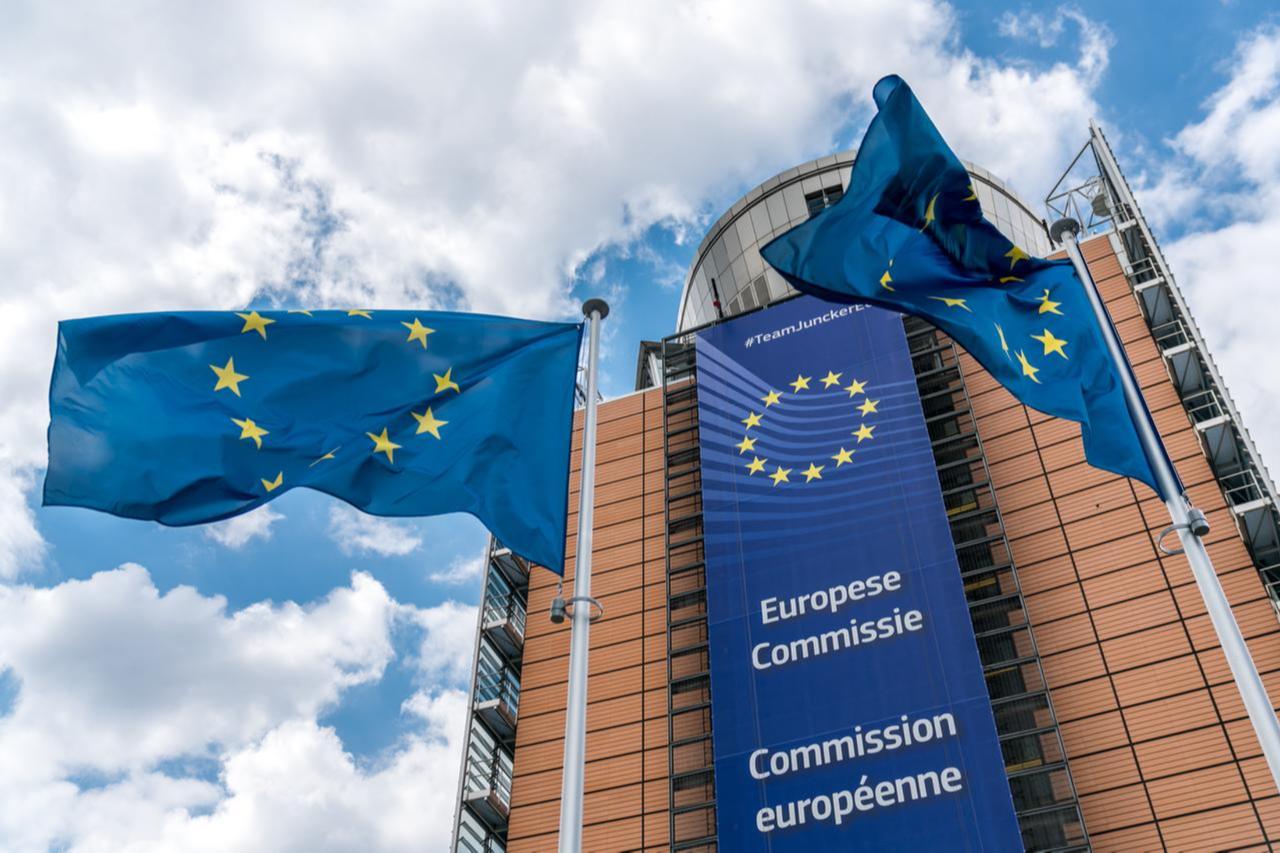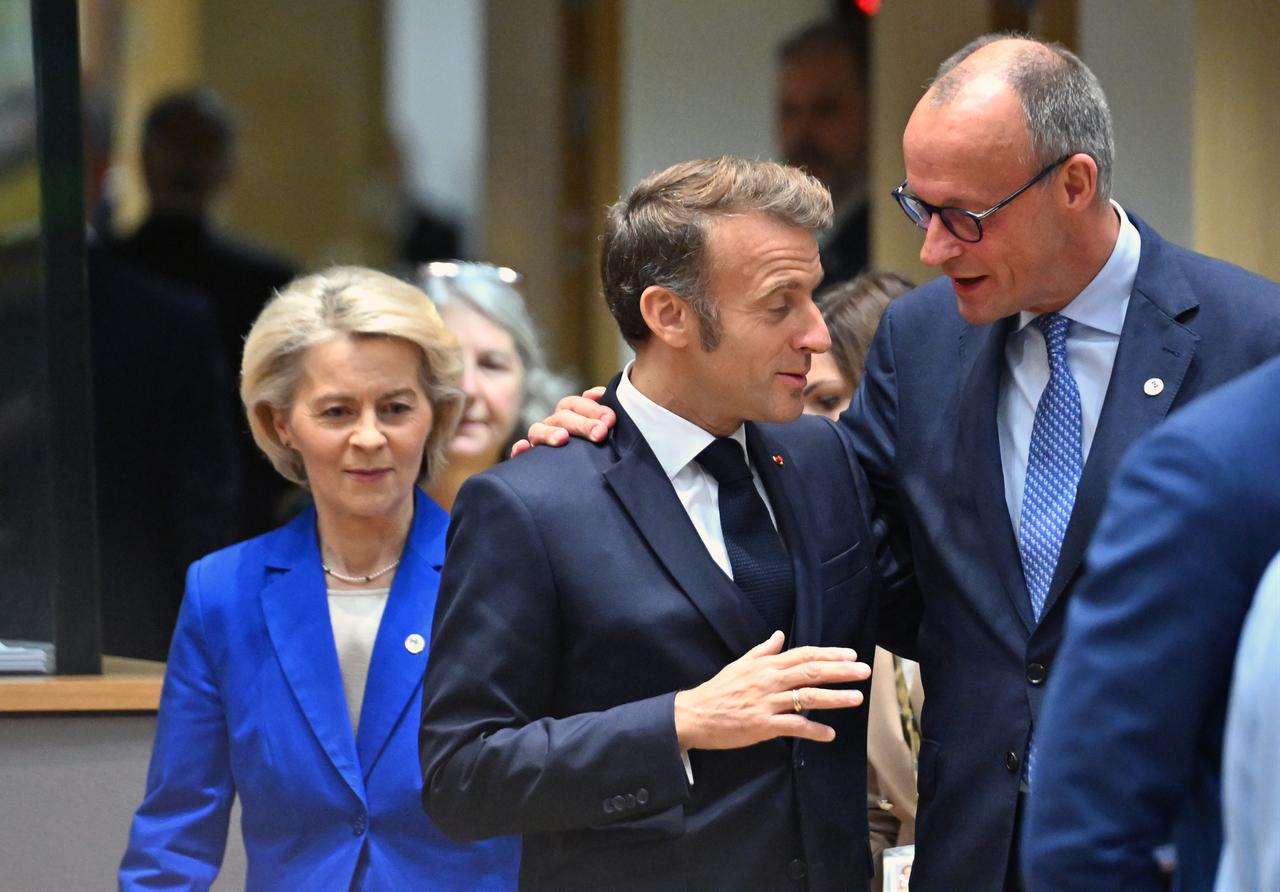
Türkiye remains a key partner for the European Union and is engaged with the bloc on multiple shared priorities, EU foreign policy chief Kaja Kallas said Tuesday, while also warning that democratic concerns have frozen Ankara’s accession process since 2018.
Speaking at a joint press conference with EU Commissioner for Enlargement Marta Kos to present the 2025 Enlargement Package, Kallas said enlargement remains both a “political priority” and a “geopolitical necessity” amid Russia’s war in Ukraine.
“Türkiye remains a key partner with whom we are engaged on several issues of common interest, … but the deterioration of democratic standards, judicial independence, and fundamental rights has de facto frozen the enlargement process since 2018,” she said.

Kallas stressed that enlargement is not only a technical process involving screening and reforms but also a political choice.
“Alignment with the EU’s Common Foreign and Security Policy is a fundamental part of the process, because it demonstrates a candidate country’s choice to see the world the way we see it and shape it together with us,” she said.
She underscored the importance of the rule of law, anti-corruption efforts, and support for independent media, calling them essential for both national and European security.
The 2025 Enlargement Package assessed Albania, Moldova, Montenegro, and Ukraine “largely positively,” while Serbia, North Macedonia, Kosovo, Bosnia and Herzegovina, and Türkiye received “mixed” evaluations, and Georgia received a “negative” one.
“Enlargement is not a nice-to-have; it is a necessity if we want the EU to be a stronger global player,” Kallas said, adding that “new countries joining the European Union by 2030 is a realistic goal,” though there would be “no shortcuts.”
Shortly after the European Commission released its Türkiye report, Ankara rejected the findings, calling the document “biased” and full of “unfounded allegations” on the judiciary, fundamental rights, and domestic politics.
In a statement, Türkiye’s Foreign Ministry said the comments contradict efforts to build a positive agenda and run “counter to the long-term interests of both parties.”
Ankara said the report's acknowledgment of Türkiye’s functioning market economy, macroeconomic policies, constructive stance in the Eastern Mediterranean, better relations with Greece, and increased dialogue with the EU were positive and “timely.”
The ministry reiterated Türkiye’s expectation that EU Foreign Affairs Council decisions from July 15, 2019—which imposed restrictive measures related to drilling activities in the Eastern Mediterranean—be lifted quickly.
Türkiye also welcomed references to its “active and multi-layered foreign policy vision,” efforts to strengthen regional partnerships, and its strategic importance for Europe’s security.
However, it criticized the report for including what it called “unrealistic, unlawful, and maximalist views” of Greece and the Greek Cypriot administration, while ignoring the concerns of Türkiye and the Turkish Republic of Northern Cyprus.
The EU’s position “demonstrates that the bloc is taking sides on Cyprus and cannot contribute to efforts for settlement,” the ministry said.
It called on the EU to approach ties with Türkiye based on the principle of pacta sunt servanda, avoid rhetoric that risks deadlock, and ensure mechanisms with Ankara function properly—particularly in defense and security cooperation.
“Developing stronger, institutionalized, and trust-based cooperation is in the interest of both Türkiye and Europe,” the ministry said, adding that Ankara expects Brussels to show “the same strategic resolve and constructive approach.”
The European Commission’s Enlargement Package reaffirmed Türkiye’s status as a candidate country and strategic partner while noting that accession talks remain frozen due to “democratic backsliding, judicial independence concerns, and issues related to fundamental rights.”